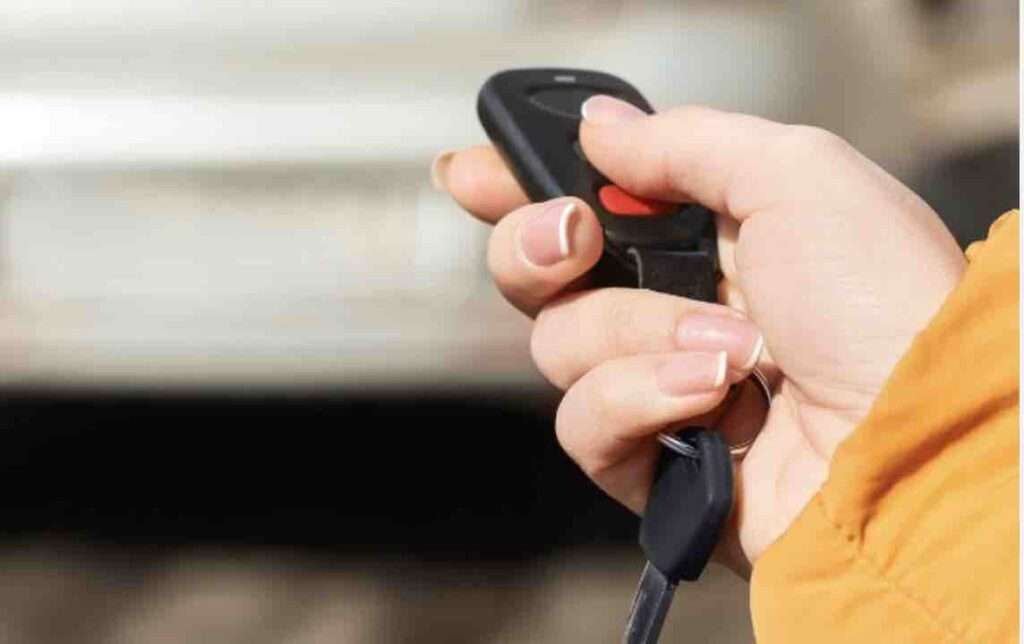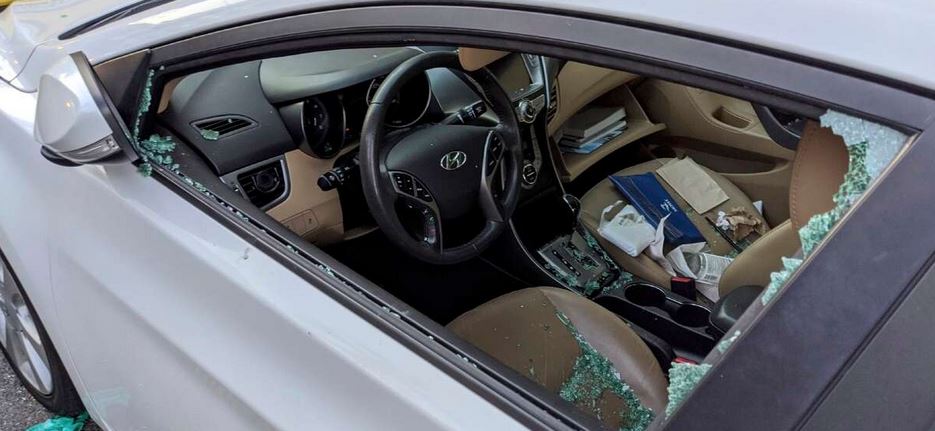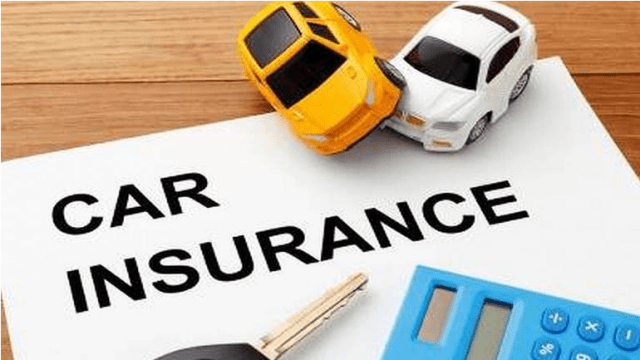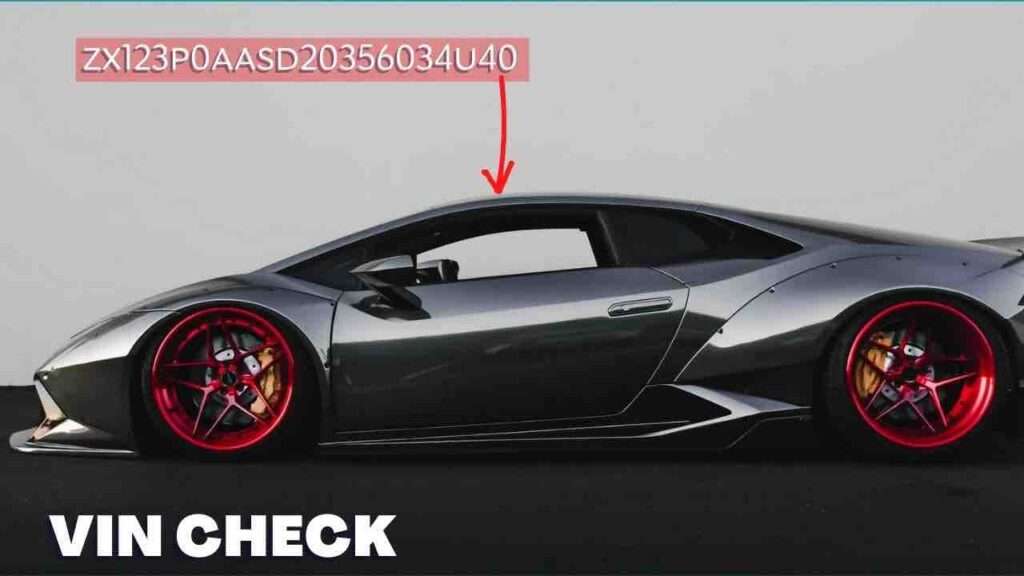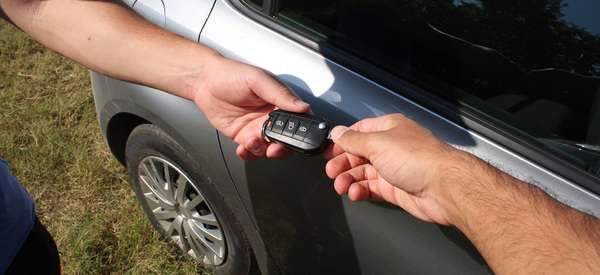Last updated on July 5th, 2023 at 05:36 am
Do you have the question “When I buy a car from a private seller can I drive it home in mind”? Then you have come to the right post. So, you’ve done it. You’ve gone through a heap of online listings, talked with loads of sellers, and at long last, you’ve hit the jackpot.
You found your dream car, and it’s not from a car dealership but a regular Joe, just like you, who’s selling his ride. Deals like these are often the best ones – real diamonds in the rough, and usually easier on your wallet than going to a dealership.
Anyways there’s a tiny detail you might not have thought about in all this excitement. The cash has exchanged hands, and you’re holding the keys to your new chariot. You’re itching to get behind the wheel and ride off into the sunset. But wait! Is it even okay to hop in and drive off? What’s the legal side of things? And if it’s a no-go, then what?
When I buy a car from a private seller can I drive it home?
So when it is whether you can buy a car from a Private Seller and just Drive Home Directly?” the short answer is, “It depends on the state you live in”. So why do I say this? It is because each state in America has different rules and regulations regarding private sales of vehicles for buyers before driving home; in some states, that could involve using temporary tags or transit permits, while in others, they don’t allow such behavior at all.
You have to also be mindful of insurance when searching for your next car; no matter which state it may be registered in. So the best thing you can do is contact the local Department of Motor Vehicles or equivalent.
See this related article for How to Get Temporary License Plates When Buying from a Private Seller
and How to Buy a Car from a Private Seller With Cash.
Buying Car from a Private Seller: Understanding the Legality of Driving it Home in the U.S”
I know the legal side of things might seem like a nightmare to deal with, but it’s pretty important. Nobody wants to rub the law the wrong way, or get slapped with a fine, or even worse, be left high and dry if an accident happens. That’s why we’re here, to break down the rules and help you get on the road fuss-free. But before that let’s quickly look at the differences between buying from a private seller and a dealership.
Differences between Buying from a Private Seller and a Dealership
All right, let’s talk about the elephant in the room. Buying a car from a private seller and snagging one from a dealership are two very different ball games. And these differences aren’t just about the buying experience, they can also impact the nitty-gritty legal stuff, including the whole ‘driving your new car home’ scenario.
When you shop at a dealership, a lot of the boring paperwork is handled for you on the spot. They take care of all the red tape like title transfers and registration, and they’ll usually give you temporary license plates too. It’s sort of like going to a car-buying supermarket – they’ve got all the legal bases covered. They’ve got a reputation to keep and a business to run, so they’re all about dotting theirs i’s and crossing their t’s.
But buying from a private seller? Well, that’s a different kettle of fish. It’s more of a hands-on, DIY situation. The seller isn’t really obligated to help with any of the paperwork – all they have to do is hand over the title. There’s no on-the-spot registration, no quick-fix temporary tags – you’re pretty much-flying solo. That means you’ve got to do your homework to ensure you’re ticking all the legal boxes, especially when driving your new purchase home.
These differences aren’t just about making things easier for you; they can directly affect whether you’re breaking the law when you drive your new car off into the sunset. Unlike a dealership, a private seller isn’t going to hand over temporary tags along with the keys. So, before you make that celebratory first drive, there are a few things you need to sort out. And that’s exactly what we’re going to tackle next.
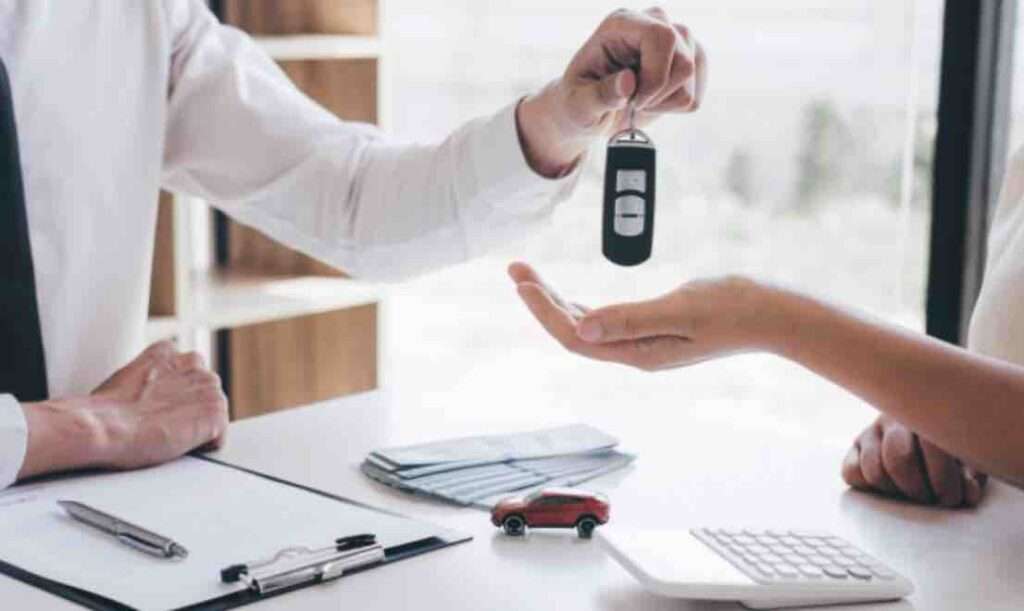
Legal Aspects of Buying a Car from a Private Seller
Now, let’s wade into the deep end – the legal part of buying a car from a private seller. It’s not as simple as just handing over your hard-earned cash and getting the keys. Nope, you’ve got a bit of paperwork to wrestle with, and you need to make sure you’re playing by the rules.
First things first, you’ve got the title transfer. Think of it as your golden ticket that says, “Yes, this car is mine now!” The seller signs it over to you, and boom; you’re the new proud owner of some wheels. And then there’s the bill of sale or sales contract. This is basically a fancy receipt that says you’ve paid for the car, and it’s yours now. Trust me; you’ll want this in your glove box just in case any disputes or sticky situations crop up down the line.
But here’s the kicker. The rules of the game can change depending on where you’re playing. What’s a home run in Texas might not even get you to first base in New York. And the touchdown you score in California could earn you a red card in Florida. Each state has its own set of rules. Some might give you temporary tags for private car sales, letting you drive your new baby home right away. But others? Not so much. In these places, you’ll need to figure out Plan B to get your car home.
So before you slip into the driver’s seat and zoom off, make sure you check out the rule book for your specific state. It’s not just about staying on the right side of the law; it’s about protecting yourself and your shiny new purchase too. Because, let’s face it, getting in trouble for not knowing the rules is a real downer.
Now, I know I can’t pull up live data for each one of the states, but you should head over to the DMV’s official website here to check out the specifics for your state. Trust me; it’s your go-to spot for up-to-date info on this stuff. All you have to do next is to choose your specific state from the menu, and you’re good to go. This article here on What to Do After You Buy a Used Car From a Private Seller has more details; you might want to check that out.
Driving the Car Home: What the Law Says
So, let’s address that million-dollar question – can you hop into your newly bought car from a private seller and just drive it home? Like with most things, the answer isn’t as simple as a yes or no – it’s more like, “Well, it depends.”
Most of the time, the law isn’t too thrilled about you getting behind the wheel and heading home without all the i’s dotted and t’s crossed first. And by that, I’m talking about stuff like registration and plates. You see, it’s usually not legal to hit the road without plates, and since your shiny new car isn’t registered yet, you don’t have those plates. It’s a bit of a sticky situation, right?
Next up, we have temporary tags or permits. Some states are cool with you using these as a ‘get out of trouble’ card, meaning you can legally drive your car home. These tags or permits are just a temporary fix while you get your proper registration and real plates sorted. But, and this is a big but, not all states roll this way, especially when it comes to private sales, so it’s not a catch-all solution.
Then, there’s the insurance factor. Most states want cars to be insured before they even think about hitting the road. So, even if you’re golden on the legal side with temporary tags or permits, you’re still going to need insurance. Getting into even a tiny scratch-up without it is not a situation you want to be in. Remember, insurance isn’t just about pleasing the law; it’s about keeping your bank account safe too.
So, before you let your daydreams run wild about that triumphant drive home in your new car, take a moment to understand what the law has to say. Get your paperwork straight, check out the deal with temporary tags or permits, and ensure you’re insured. It might seem like a drag, but it’s definitely better than dealing with a fine, a towed car, or an accident bill. So, buckle up, and let’s break down each of these points a little more.
State-Specific Regulations
Now, let’s dive into the puzzle that is state-specific regulations. It’s not all uniform across the country – oh no, each state dances to its own beat, and you gotta stay in step. Let’s go through a few examples.
Picture this: you’re in sunny California, and you’ve just got your hands on a sweet ride from a private seller. California’s got your back with something they call a “One Day Permit”. Sounds fancy, right? It’s a real deal, folks. This permit lets you legally drive your new car home, even without the usual registration. Just get your insurance sorted, stick on this permit, and you’re set – for a day at least.
But here’s the kicker, what slides in California might not hold water elsewhere? Other states may not be as lenient. Some might not offer any kind of temporary tags for private sales, leaving you scratching your head. In these places, you might end up having to tow your new car home or leave it parked until you sort out all the paperwork.
So here’s the main point – it’s a real mixed salad out there. The rules aren’t the same across the board, and you gotta do a little legwork to figure out what’s what. It’s not just a matter of “I bought a car, now I can zoom off.” It’s more like, “I bought a car; now what does my state let me do?”
Before you part with your cash and grab those keys, do a bit of digging into the rules in your state. It might feel like extra homework, but trust me; it’s worth it to sidestep any legal speed bumps later on. So, pull up a chair, and let’s get into the nitty-gritty of these state-by-state rules.
Precautions and Recommendations
Let’s lay some ground rules before diving in and buying from a private seller. Don’t overlook paperwork such as bills of sale and title transfer documents; also gain insight into the vehicle’s history, as this will prevent unpleasant surprises down the line. Also, ensure your insurance cover is set before revving that engine on!
What to Do if Your Vehicle Cannot Legally Return to Home
What can you do let say you are not able to drive home immediately after paying for your new car due to legal issues? Don’t panic; there are options such as hiring a tow truck or professional driver that might make driving homeless convenient – though these might come at the expense of both cost and hassle for yourself and potentially law enforcement authorities. Carefully consider each alternative available before choosing which solution best meets your needs.
Conclusion
Purchasing a used car from a private seller can quickly go smoothly, but getting home may prove more complicated than expected due to local rules and regulations. So before setting out, make sure you understand all state driving rules as well as insurance and paperwork details so as to plan an efficient journey home with all this information in mind.
Not just to avoid tickets or legal trouble; rather it’s about keeping yourself, your vehicle, money, and hard-earned savings safe from harm. So take your time, do the proper research, and make intelligent choices, and you should have no difficulty on this journey!

